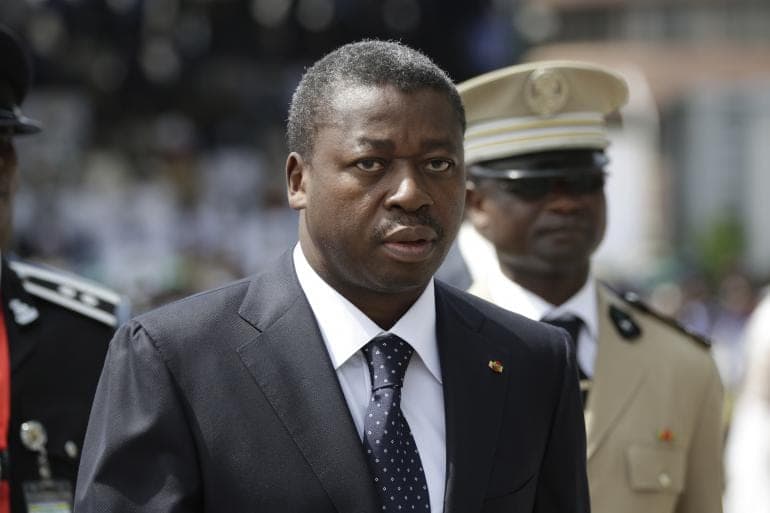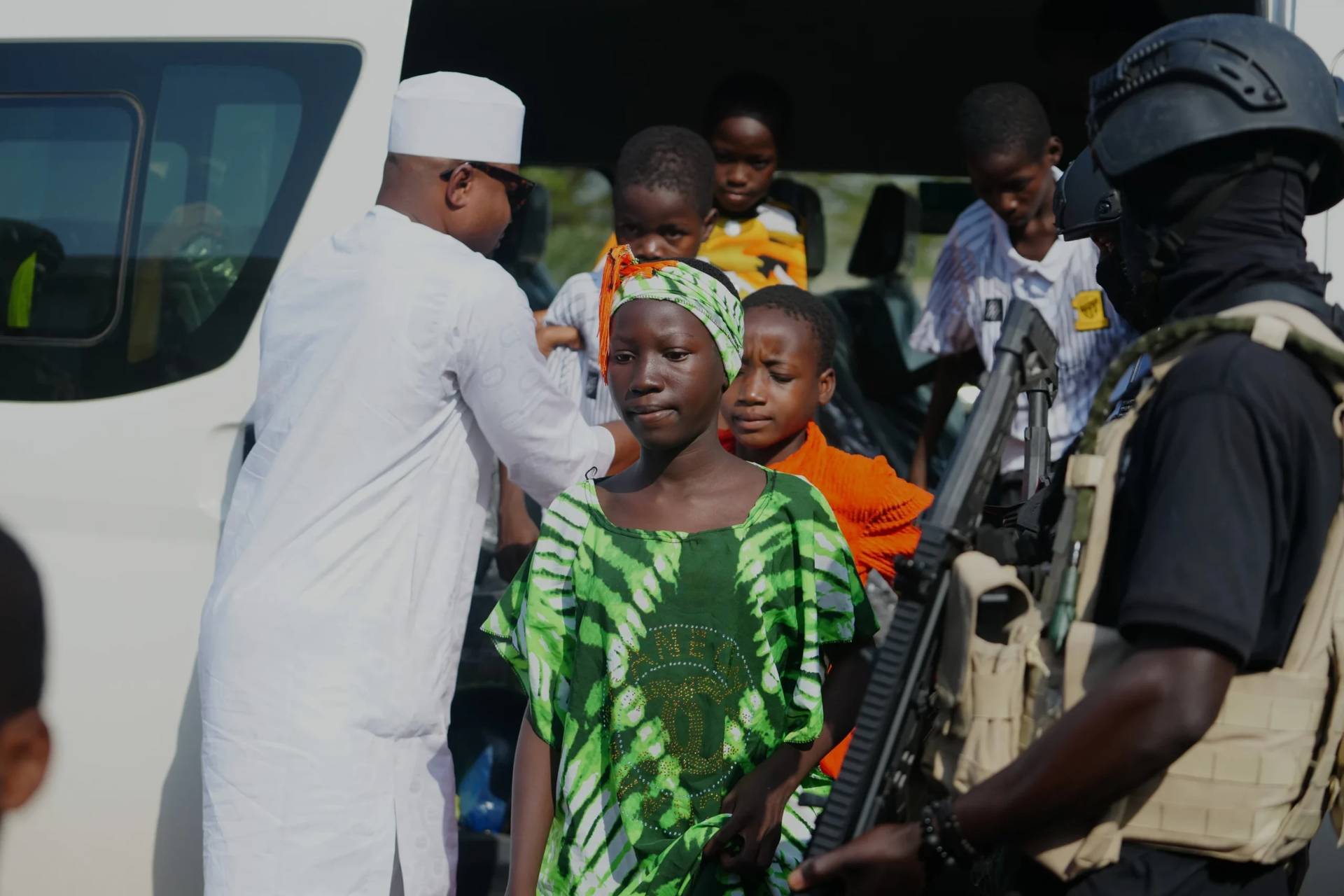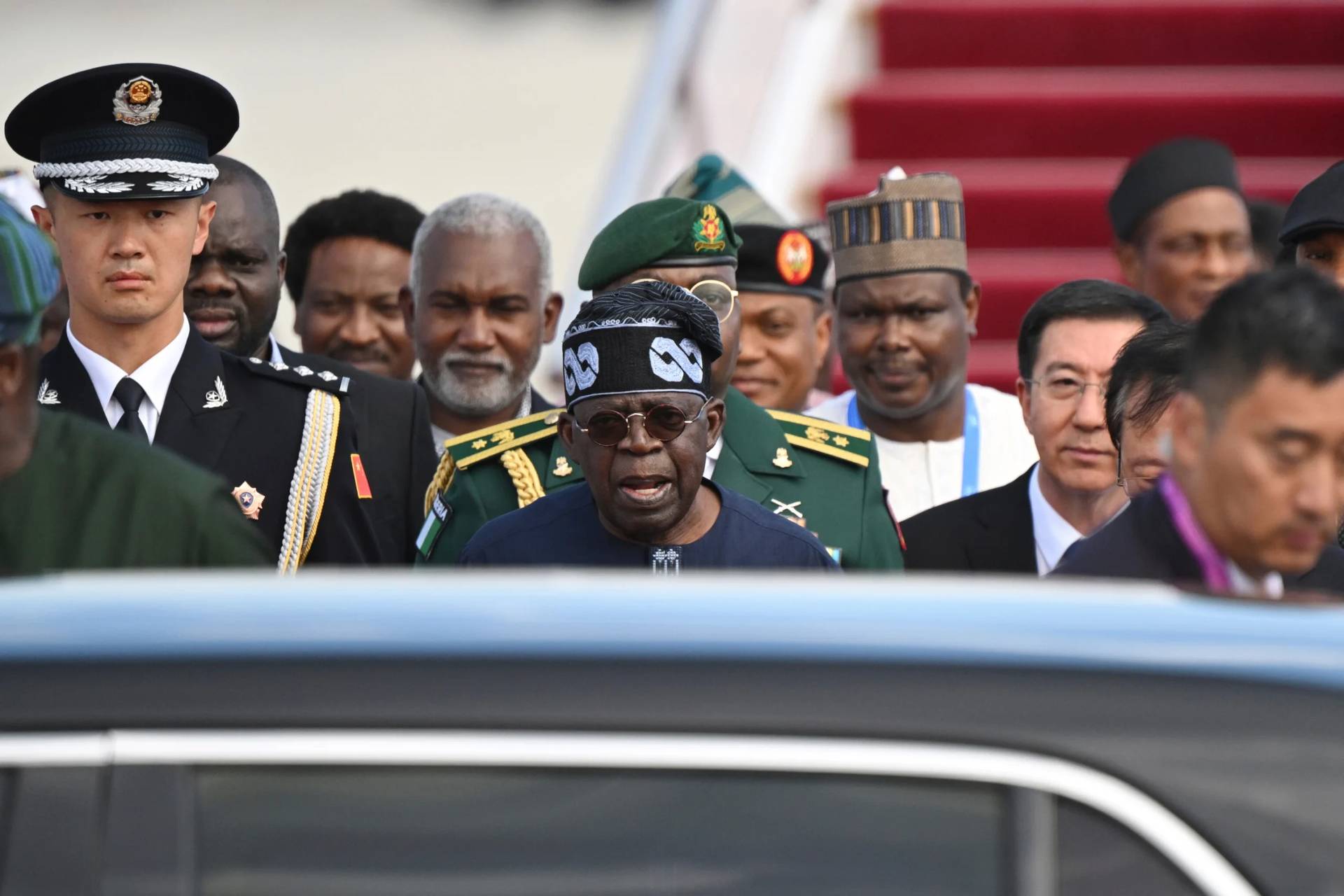YAOUNDÉ, Cameroon – One Catholic priest fears that recent elections in Togo boycotted by the opposition could have planted the seeds for future violence in the West African country.
The country was voting for members of parliament, and despite the boycott, the ruling Union for the Republic lost 3 seats still maintaining their legislative majority.
Most opposition parties wanted the elections delayed until 2020, when they could be held concurrently with the presidential poll.
In a letter sent to the Vatican-affiliated Fides news agency, Father Donald Zagore, of the Society for African Missions (SMA) said the elections were largely peaceful, “even though many people did not go to vote.”
Yet the fact that the main opposition parties are no longer represented could pose a problem in the future.
“The sad reality is that in the Togolese Parliament only the majority linked to the president will take decisions, since the opposition, commonly called C14, is no longer represented. Therefore, it will no longer be able to participate actively in the various debates on the contents of the legislative provisions and on the constitutional reforms that will take place in Parliament. This will certainly not help a climate of peace and stability and may be the cause of further violent clashes in the future,” Zagore said.
The 14 opposition political parties that called for the boycott of the polls claimed the participation rate was just 5 percent,and described the low turnout as a referendum on the regime.
The boycott has been welcomed by a civil society coalition called “Togo Rise Up.”
In a post-election declaration with a copy sent to Crux, the civil society described the December 20 election as a “snub for the Togolese regime and for ECOWAS.”
ECOWAS, the Economic Community of West African States, is the regional power bloc consisting of 15 West African countries.
Ghanaian President Nana Akufo Addo and President Alpha Condé of Guinea served as mediators in the buildup to the Togo vote, but could not convince the C14 to take part.
The Togo Rise Up declaration blamed ECOWAS for imposing the election date “without any consideration for the concerns of the Togolese people.”
It said the election was designed to endow the government of President Faure Gnassingbé with “electoral legitimacy after the very strong popular protest that tarnished its image throughout the world.”
“The Togolese people have shown with intelligence in the eyes of bilateral and multilateral partners their will to get rid of this fifty-year-old regime which has erected corruption and duplicity as modes of governance,” it said.
Among those who had called on a postponement of the election was the emeritus Archbishop of Lomé, Philippe Fanoko Kossi Kpodzro.
He expressed his concerns in a letter to Gnassingbé before the poll.
“Dear son, whom I love, let me tell you that today you have the grace to preside over the destinies of the Togolese people. I want to humbly ask you in the name of our merciful God, in all humility to courageously use your prerogatives to propose a new realistic and consensual calendar for legislative elections,” he wrote.
The archbishop has been a vocal supporter of a return to the 1992 Constitution that limits presidential terms. That would mean Faure who has been in power since 2005 would not seek re-election in 2020.
Kpodzro warned that failure to postpone the elections could lead to even more blood being spilled, and that Gnassingbé would be held wholly accountable.
“Every human life is sacred. The Lord God will not remain deaf to the spilling of more blood of the sons and daughters of this country,” he wrote.
The archbishop expressed disapproval over the government’s violation of the provisions of the road map of ECOWAS, which was published in July after extensive consultations.
The roadmap required that the Independent National Electoral Commission be made up of members of the ruling party and the opposition, a provision that was ignored.
There have also been complaints about the lack of constitutional, institutional and electoral reforms, inequitable electoral map, and the establishment of fictitious electoral lists.
In November, the bishops’ conference said organizing any election without the necessary reforms “will not solve the Togolese question, it will only exasperate tensions and violence.”
They said Togo needs “a radical change in the way of governing and doing politics, if the system does not change, the problems will always remain the same.”
“For decades, the struggle for freedom, democracy, political alternation and reconciliation processes in our country have not succeeded because of the bad faith of political actors, more concerned with their personal interests than with the common good,” the bishops said in a statement.
Gnassingbé has been in office since 2005, following the death of his father, Gnassingbé Eyadema. Eyadema had ruled Togo for 38 years, ever since he overthrew the country’s second president, Nicolas Grunitzky, in a coup d’état in 1967.
In September 2017, Togo’s 14-party opposition coalition rejected a government bill to restore a two-term presidency that would not be retroactive – allowing Gnassingbé to run again in 2020 and 2025.

















